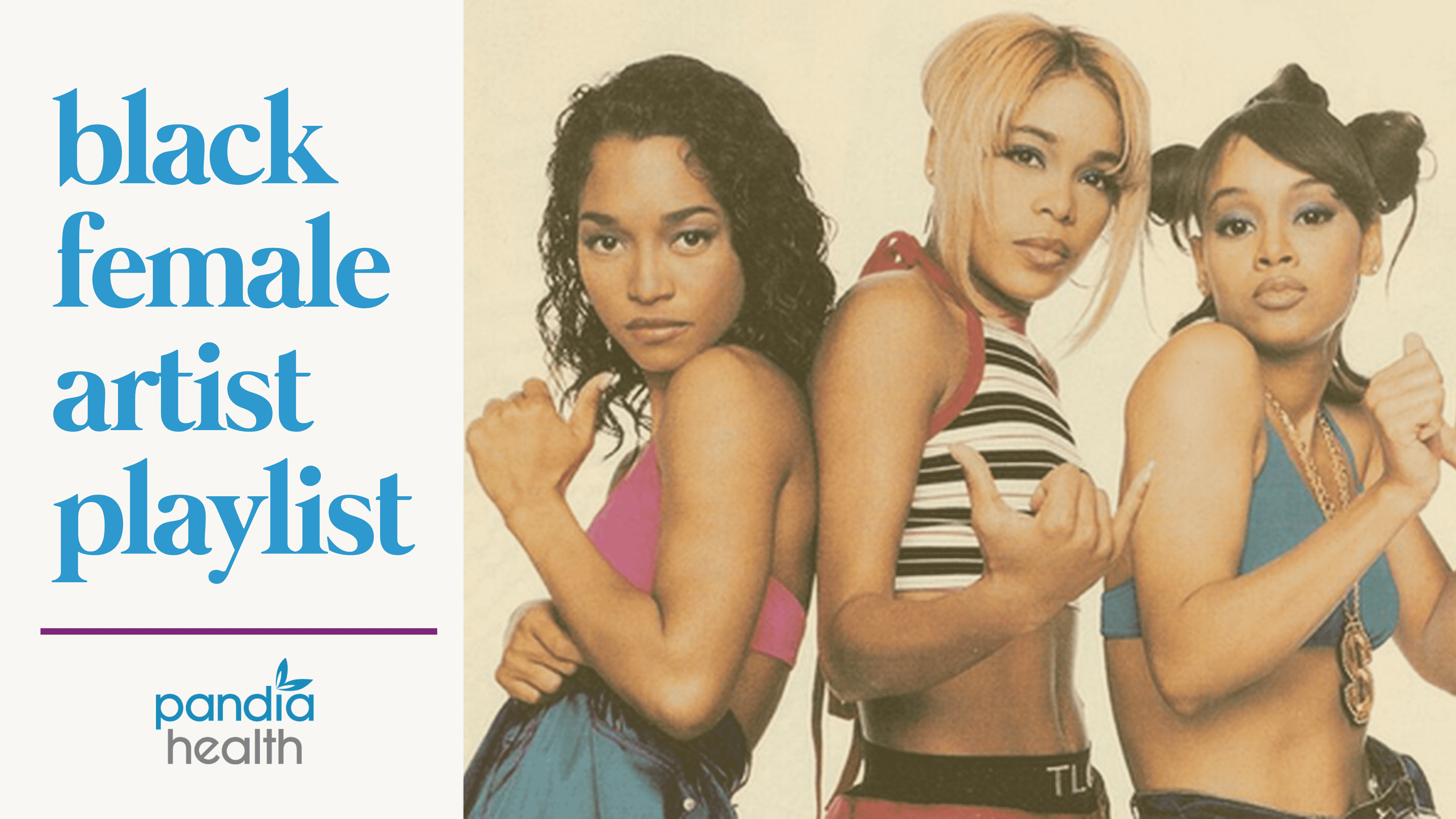Medically reviewed by Sophia Yen, MD, MPH – Written by Pandia Health Editorial Team
Who run the world? Girls.

Black female tastemakers have paved the way for iconic moments throughout music history. From Beyonce’s Lemonade album to Lizzo’s bangers, Black female artists empower young women of color to be their authentic selves and love skin they are in.
Black female artists deserve more attention. It is essential not only to understand the difficulties women face, but the particular battles women of color encounter. Looking at life through an intersectional lens is crucial to understanding the struggles female artists of color go through to get to where they are today. We must acknowledge the commitment, sacrifice, and hard work these ladies put in that got them to be the bosses that they are – and continue to strive towards – today.
Black artists have been stolen from throughout history. The whitewashing of Black music has muted the voices of talented Black artists. Throughout the 1960s and 70s, Black songwriters barely made any money off their creativity – it was the white folks who had a nice payday.
Elvis Presley’s notorious “Hound Dog” is a copy of the original version from a Black woman named Willie Mae “Big Mama” Thornton. Her song climbed the charts when it was originally released in 1952, selling nearly two million copies. But, she barely made a profit; Presley never gave Thornton the credit she deserved likely to preserve his white Southern fanbase.
What’s more, the two songwriters who wrote “Hound Dog” specifically for Thornton back in 1952 went on to work for Elvis and wrote hits like “Loving You” and “Jailhouse Rock” despite Elvis’s apparent mistreatment and wrongdoing.
Not enough reparations can be made to make up for the blatant plagiarism of Black artists’ musical work throughout history. It is difficult for them to achieve success at a national or global level and nearly impossible for them to gain the same level of wealth as their white counterparts. Black artists may never know the opportunities they missed in the first place because this inequality cannot be paid back.
Livelihood is not repayable. However, we can do our best to make a more inclusive and equitable society. In a democracy, it is crucial that the government is composed of the people, by the people, and for the people. When there are institutions such as sexism and racism embedded in society, it is difficult for women of color to truly have a voice within it. We must work to fix this by giving credit where it is due.
“Equal rights, fair play, justice, are all like the air; we all have it or none of us has it.”
Maya Angelou
The women on this playlist are fearless, unstoppable, and inspiring. Let’s join in supporting Black female artists while continuing to acknowledge the struggles they face daily. Micro-aggressions, controlling images, ignorance, ostracization, and fear of self-advocacy all get in the way of Black women being able to be the bosses that they are.
The reality is, Black female artists are at a disadvantage because of racism embedded in society. As a community, we need to join in helping to give these amazing women a platform. Whether you want to jam out in the car, in the shower, while working out or while studying, these women give you that extra boost you need.
It is also important to know that the women featured in this playlist (take a listen below!) are only a small portion of countless, talented Black female artists. We encourage you to find more artists of color that suit your musical preference!

Pandia Health is all about creating a community for all women, regardless of race or sexual orientation. For other ways you can support the Black community, please check out some of Pandia Health’s other articles, like how to stay safe while protesting or local Black-owned businesses you can support.

